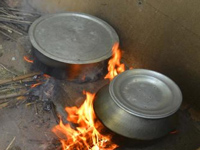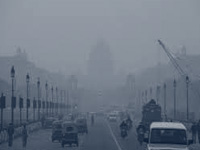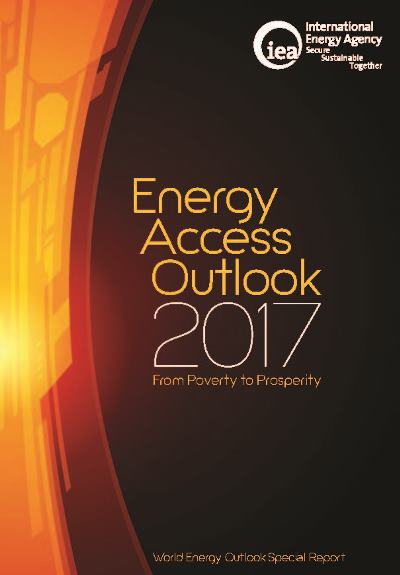A vision for clean cooking access for all
Nearly one in three people, the vast majority of them in the poorest regions of the world, still lack access to clean cooking facilities, with major ramifications for public health, local environments
Nearly one in three people, the vast majority of them in the poorest regions of the world, still lack access to clean cooking facilities, with major ramifications for public health, local environments

NEW DELHI: Exposure to air pollutant PM 2.5 from the burning of domestic biomass (chulha) is the deadliest source of air pollution in India, responsible for around 25% of all pollution-linked deaths in

Traditional cookstoves, widely used in the rural parts of India, may be producing much higher levels of particulate emissions than previously estimated, causing a detrimental impact on the country's environment
For households without access to grid-based electricity or gas for cooking, traditional cook stoves are typically fuelled by wood or charcoal, generating considerable indoor air pollution. Cook stoves
<p>Residential solid biomass cookstoves are important sources of aerosol emissions in India. Cookstove emissions rates are largely based on laboratory experiments conducted using the standard water-boiling

The realisation that pollution is playing havoc with our lives continues to elude Indians. We are indeed living from moment to moment largely oblivious of the toxic air quality that we breathe day in and
This report provides an overview of the clean cooking energy sector in India, including policy and market developments over the last few years. It outlines the key ecosystem-level challenges in creating

A new and detailed analysis from the International Energy Agency finds that the most cost-effective strategy for providing universal access to electricity and clean-cooking facilities in developing countries
This policy brief reviews the existing policies pertaining to clean cooking energy, analyses a broad range of demand- and supply-side challenges that hinder the penetration and sustained use of clean cooking
Funding to boost the numbers of people with access to electric power and clean cooking is too low to meet the global goal for everyone to have modern, reliable and affordable energy by 2030, international
SaferRwanda, a non-profit organisation focusing on environmental protection through use of household solar systems and efficient cookstoves with reduced emissions, has scooped global award from Energy